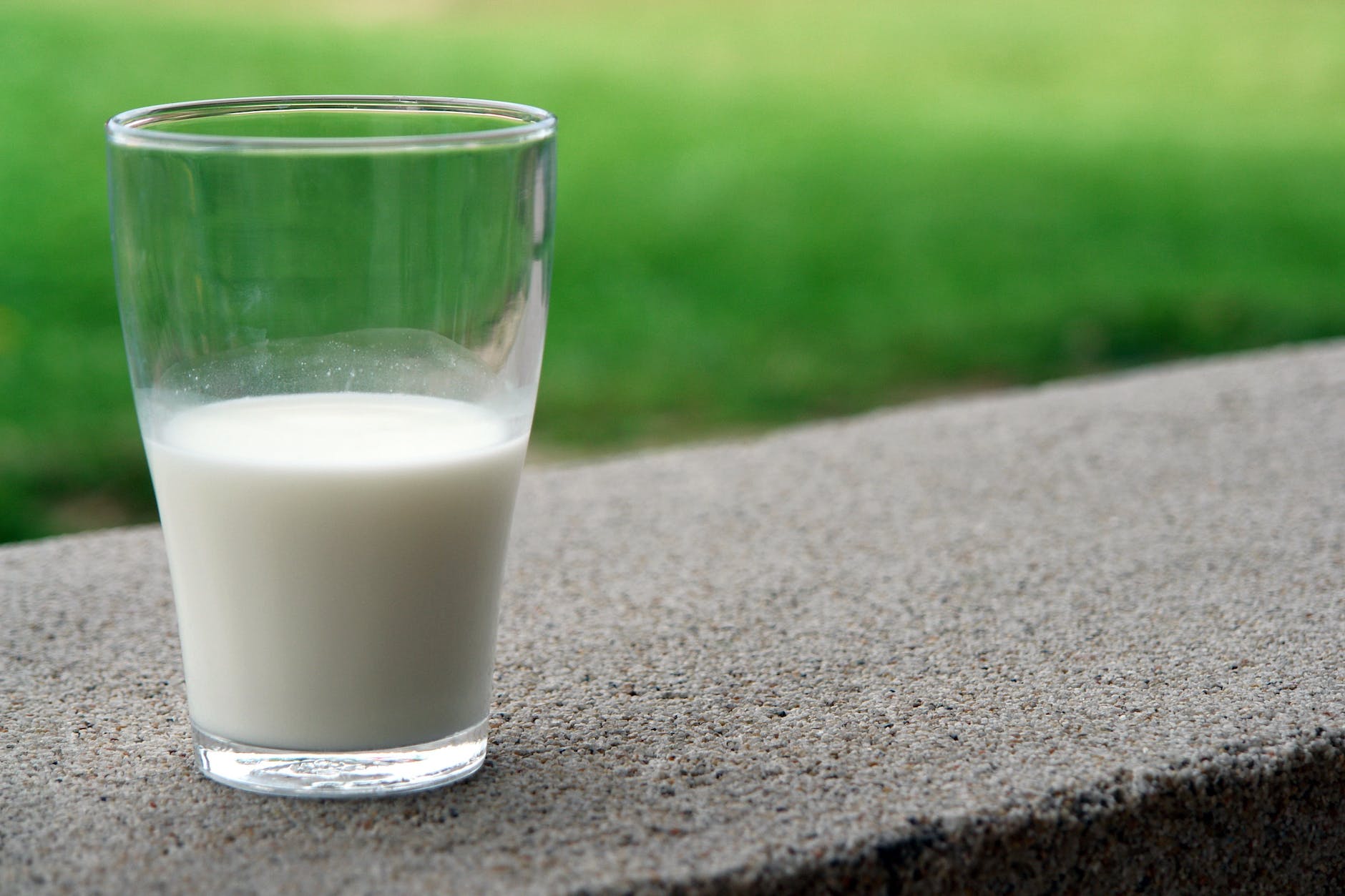
Are you looking for a diet that promotes weight loss while providing a wide range of nutrients? The pescatarian diet might be the answer you’ve been seeking. In this comprehensive guide, we will delve into the world of pescatarianism, exploring its benefits for weight management and overall health. We’ll also cover high-protein food options, potential side effects, and tips for ensuring nutritional balance. Let’s dive in and discover how the pescatarian diet can help you achieve your weight loss goals and lead a healthier lifestyle.
1. Understanding the Pescatarian Diet
The pescatarian diet is a plant-based eating plan that includes fish and seafood as the primary sources of protein. By embracing this diet, individuals avoid red meat, poultry, and other animal-based proteins. Instead, they enjoy a variety of plant-based foods, such as fruits, vegetables, legumes, whole grains, nuts, and seeds, along with the goodness of fish and seafood.
2. Pescatarian Diet for Weight Loss: A Winning Combination
If you’re aiming for weight loss without compromising on nutrition, the pescatarian diet might be the perfect fit. Thanks to its emphasis on nutrient-dense, low-calorie foods, pescatarianism can support your weight management journey. The inclusion of fish and seafood, which are low in saturated fat and high in protein, can also enhance satiety, helping you control your food intake and curb overeating.
3. High-Protein Foods to Power Your Pescatarian Journey
One of the highlights of the pescatarian diet is its abundant protein options. Fish and seafood varieties like salmon, tuna, trout, shrimp, and scallops provide high-quality protein, omega-3 fatty acids, and essential vitamins and minerals. Additionally, plant-based protein sources like beans, lentils, tofu, tempeh, quinoa, and edamame add variety to your plate while supporting your nutritional needs.
4. Ensuring Nutritional Balance for Optimal Health
For a thriving pescatarian lifestyle, it’s crucial to maintain a well-balanced diet that covers all your nutritional bases. While fish contributes beneficial omega-3 fatty acids, consider incorporating a diverse range of vegetables, fruits, whole grains, and plant-based proteins to ensure you’re getting the right mix of vitamins and minerals your body needs.
5. Potential Side Effects and Deficiencies: What to Watch For
Like any dietary plan, the pescatarian diet has its considerations. Individuals should be cautious about consuming fish with high mercury levels, opting for varieties with lower mercury content. Additionally, monitoring essential nutrients like vitamin B12, iron, and calcium is essential, as these nutrients are commonly found in meat.
6. Top Tips for Effective Weight Loss on a Pescatarian Diet
To achieve successful weight loss on a pescatarian diet, keep these tips in mind:
- Prioritize whole, unprocessed foods for maximum nutrition.
- Practice portion control to avoid overeating.
- Diversify your meals with a mix of fish, seafood, and plant-based proteins.
- Incorporate regular physical activity into your routine to complement your weight loss efforts.
7. The Importance of Consulting a Registered Dietitian
Before embarking on any new diet, it’s advisable to consult a registered dietitian or healthcare professional. They can help personalize your meal plan, ensuring you meet your weight loss goals while receiving all essential nutrients for overall well-being.
Frequently Asked Questions (FAQs) About the Pescatarian Diet
1. Is the Pescatarian Diet Suitable for Weight Loss?
- Yes, the pescatarian diet can be an effective option for weight loss. By focusing on nutrient-dense, low-calorie foods and incorporating fish and seafood as primary protein sources, it can support weight management efforts.
2. Can I Lose Weight on a Pescatarian Diet Without Feeling Hungry?
- Absolutely! The inclusion of fish and seafood, which are high in protein and healthy fats, can promote satiety and prevent excessive hunger, making it easier to control food intake and manage weight.
3. What Are Some High-Protein Foods for Pescatarians?
- Pescatarians have a wide array of high-protein options, including salmon, tuna, trout, shrimp, scallops, beans, lentils, tofu, tempeh, quinoa, and edamame.
4. How Can I Ensure Nutritional Balance on a Pescatarian Diet?
- To maintain nutritional balance, focus on incorporating a variety of vegetables, fruits, whole grains, and plant-based proteins alongside fish and seafood. It’s essential to cover all essential nutrients for optimal health.
5. Are There Any Potential Side Effects of the Pescatarian Diet?
- While the pescatarian diet is generally considered healthy, individuals should be cautious about consuming fish with high mercury levels. Monitoring nutrients like vitamin B12, iron, and calcium is also important, as these may be found in higher amounts in meat.
6. Can I Combine the Pescatarian Diet with Regular Exercise for Better Results?
- Yes, incorporating regular physical activity into your routine can enhance your weight loss efforts on the pescatarian diet. Combining a balanced diet with exercise promotes overall health and fitness.
7. Is it Necessary to Consult a Registered Dietitian Before Starting the Pescatarian Diet?
- Consulting a registered dietitian or healthcare professional before starting any new diet is highly recommended. They can help customize your meal plan according to your individual needs and ensure you receive all the essential nutrients.
8. Can Children and Pregnant Women Follow the Pescatarian Diet?
- The pescatarian diet can be suitable for children and pregnant women, provided they meet their nutritional requirements. Pregnant women should pay special attention to obtaining sufficient nutrients for proper fetal development.
9. Can I Find Pescatarian-Friendly Options at Restaurants and Cafes?
- Many restaurants and cafes offer pescatarian-friendly dishes, such as fish-based meals, seafood salads, and vegetarian options that include plant-based proteins.
10. Can I Still Enjoy Treats and Desserts on the Pescatarian Diet?
- Yes, there are plenty of pescatarian-friendly treats and desserts that you can enjoy, such as fruit-based desserts, nutty treats, and dark chocolate, in moderation.
In conclusion, the pescatarian diet offers a balanced, nutritious approach to weight loss and a healthier lifestyle. By embracing the wealth of plant-based foods and fishy delights, pescatarians can savor the benefits of this sustainable eating plan while nurturing their bodies and minds.
Blog Tags: pescatarian diet, weight loss, high-protein foods, nutritional balance, side effects, weight loss tips, registered dietitian, healthy lifestyle, plant-based eating, omega-3 fatty acids.









